This is Torrie
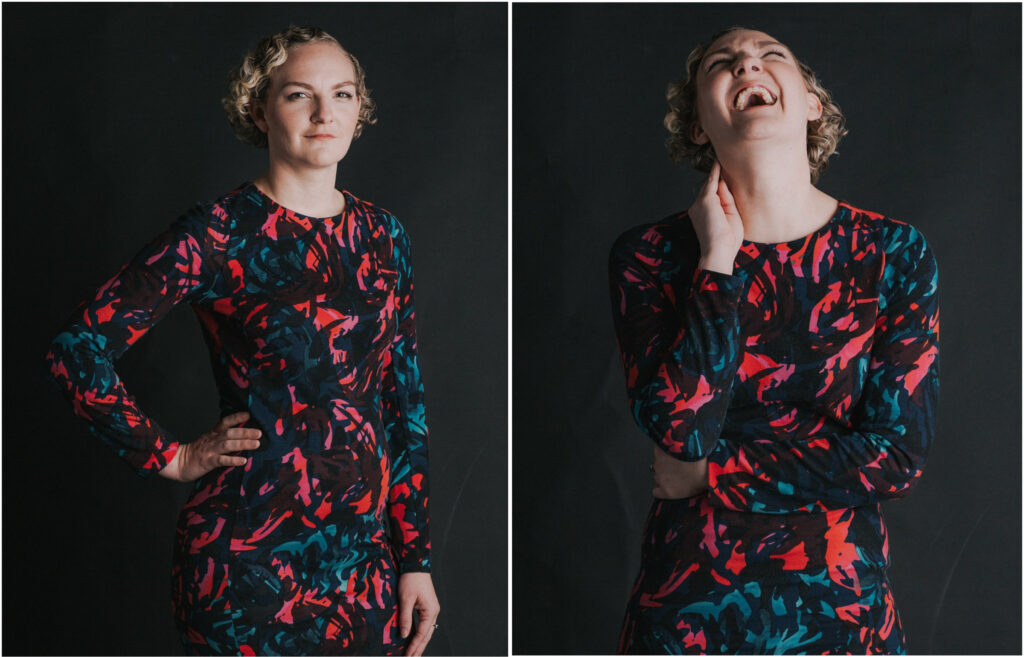
I met Torrie a few years back at a wedding I was shooting. We hit it off during our time together on the day and stayed in contact on social media over the years, encouraging one another as friends from a distance and watching one another grow and flourish. After a time of mostly online friendship, we managed to carve out time to get together over wine and chat. We got to know one another well and build our friendship into something tangible and strong. With that build-up came understanding. With that understanding came trust. With trust came the development of a project that Torrie and I feel wildly passionate about working on together and sharing through Katherine Elyse Photography.
The story presented here is all Torrie’s. As her friend and photographer, I hope the images act as a vessel for her to share her experience in a way that is safe and accurate. I’m using her words, taken directly from an interview my good friend David N. Sachs conducted the day of her shoot, with a few back-end tweaks by Torrie to round everything out.
This is Her Battle Story
“This is the story of my journey into loving myself and body acceptance, into feeling comfortable in my own skin.”
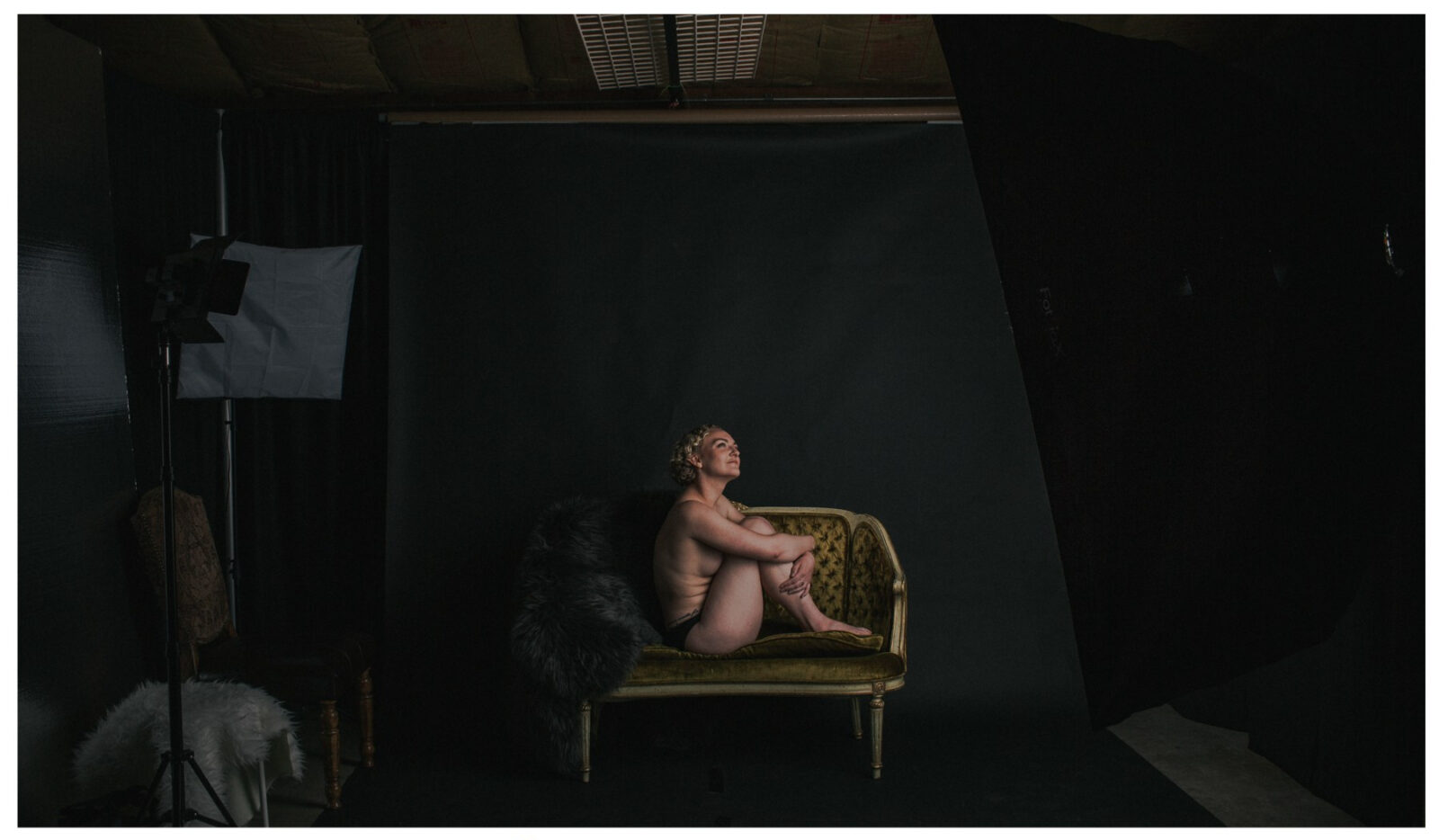
“In 2005, I was diagnosed with Stage 2B Cervical Cancer. Before that, I had had a number of different cervical changes related to HPV, which is pretty common nowadays. But in 2005, it was less common and all I knew about HPV was that it was one letter off from HIV- which meant that it had no cure and that it was sexually transmitted- and that it could either cause warts or cervical cancer. And the warts never came.
I had HPV prior to the cancer diagnosis. I actually found out that I had HPV from a clinical trial at the hospital when I was 12 years old– after I had been sexually assaulted.”
“As a religious kid, having a sexually transmitted disease is a good way to be looked down upon, no matter how you got it. Especially when you are 12 years old. I had to start making up stories about my life and my body so that I felt accepted in my own skin and so that I wouldn’t be shunned from the community.
It didn’t really work.
I was still shunned from my community and felt a lot of shame about who I was and felt mostly like it was my fault that I had been assaulted.”
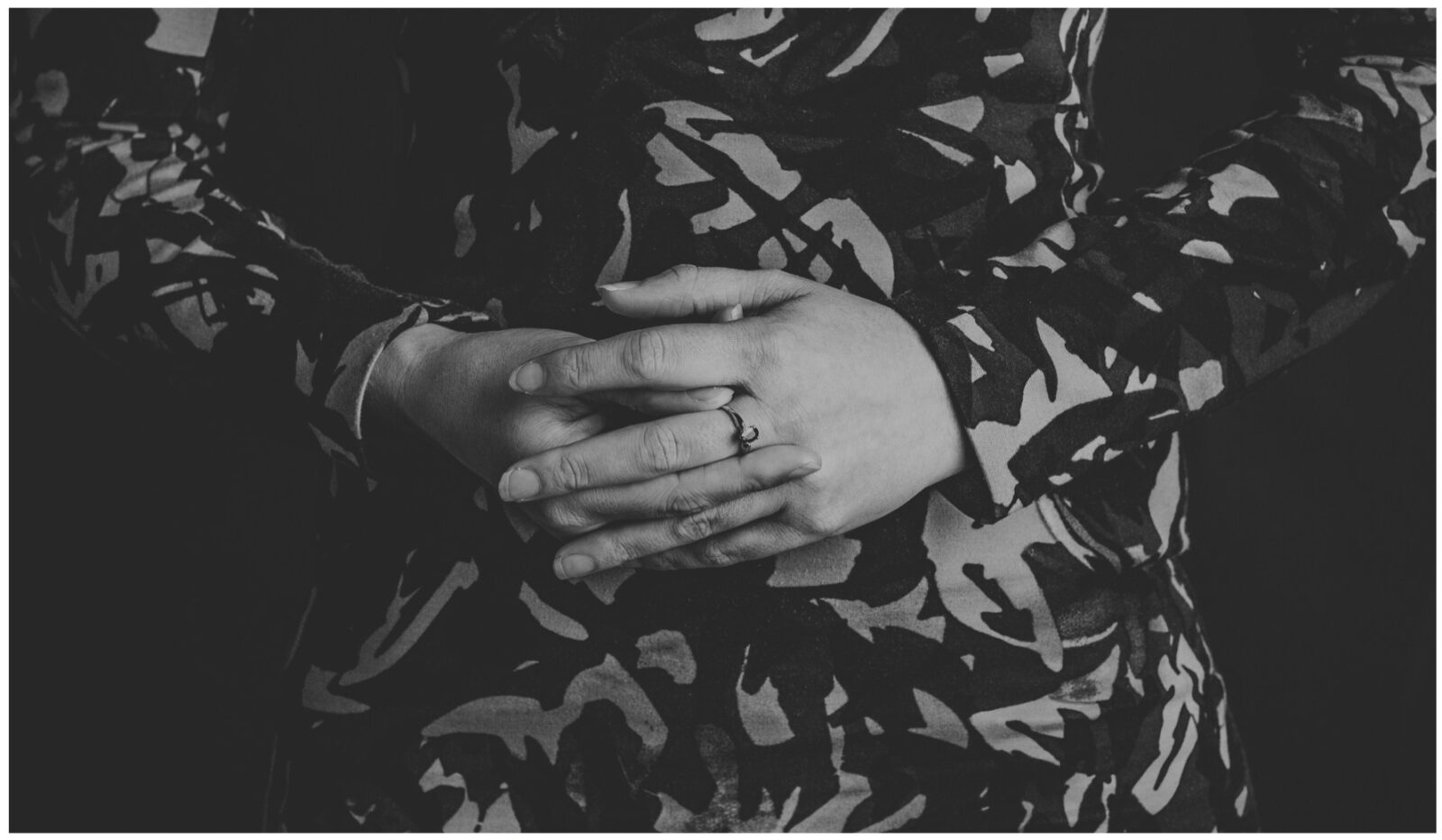
“I was diagnosed with cancer at 19. I had just gotten married and I felt like I earned it- that it was my fault that I had cancer and, therefore, really just needed to do anything that I was told. I didn’t ask any questions about what was supposed to happen to me or if I had a choice in anything concerning my care. And so over a period of three years, I was led through my care without having asked any questions at all. I didn’t have time.
At the end of that three years, I had had seven surgeries that completely mangled my body (especially my sexual organs) and ruined my marriage with my husband because I couldn’t have kids, which was an important thing to him. And, let’s face it: being young and married to someone with cancer is really scary. I didn’t know that I couldn’t have kids until after treatment ended because I didn’t stop to ask any questions; I didn’t care about myself or about my body enough to actually do something about it to take control or to even feel like I had a choice in my decisions.”
“I started out having an unhealthy relationship with myself in relation to others before I actually even knew who I was or what I wanted. I spent 20 years believing that it was my fault and that I was being punished for something that was outside of my control.”
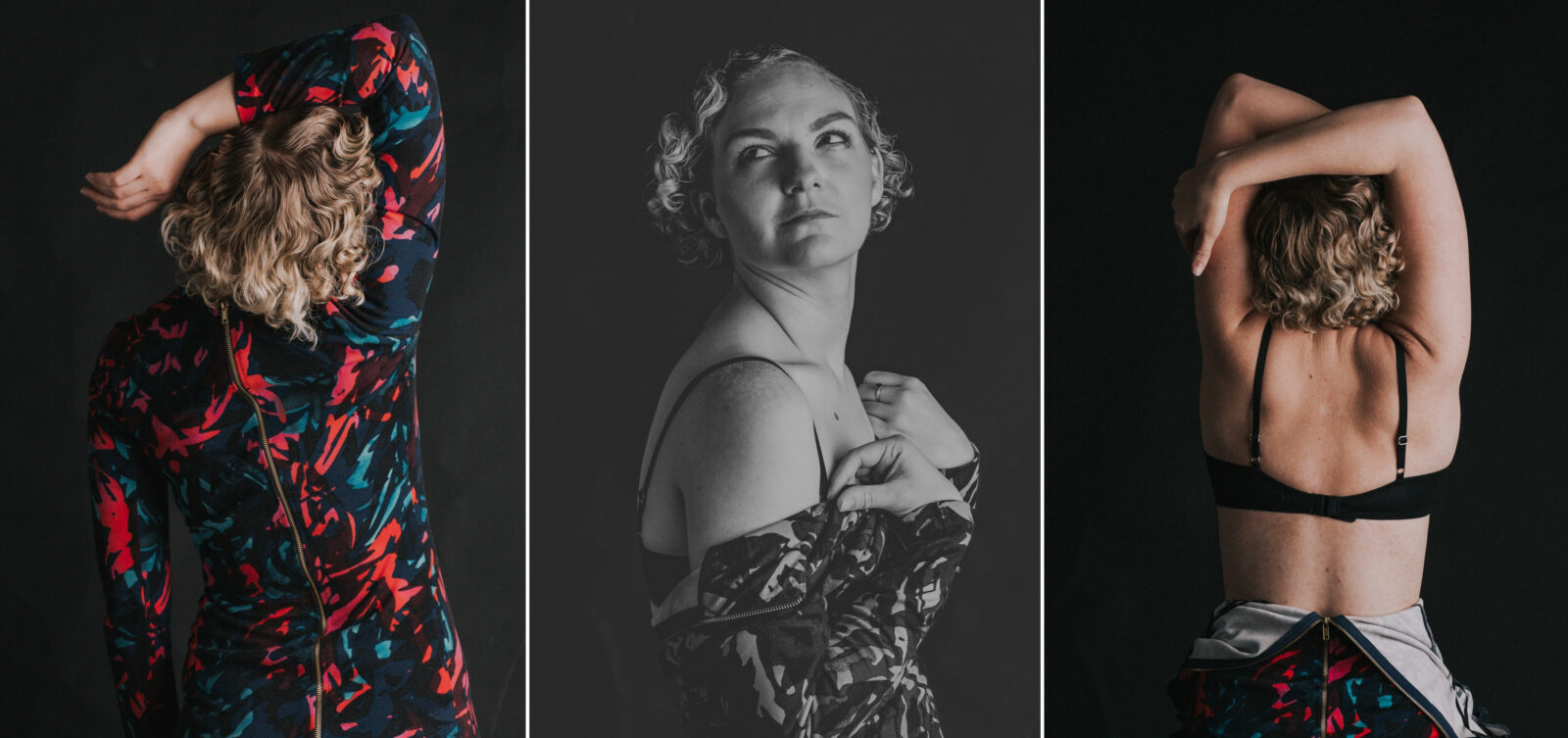
“But I have a different relationship with my body and myself because I had cervical cancer.”
“I learned more about myself in the process of having cancer than anything that I had gone through beforehand. I learned that I wanted to give back to the healthcare system to help make sure that people, especially people going through an illness, know what their choices are, and are educated about how to sit across the table from a doctor who they often feel has more power and knowledge than they do. I was really interested in figuring out how we do that, how we slow down the process of decision making in healthcare. I ended up going to school for public health, focusing specifically on people who are vulnerable- poor populations, minorities, people who don’t have a lot of education or power. Because I went through this process of needing to understand my resources more than anybody else. I wanted to give power to other people and a voice to other people.”
“When you are cancer free for 5 years, you are supposed to have a party, and I was not going to have cancer again- until I did.”
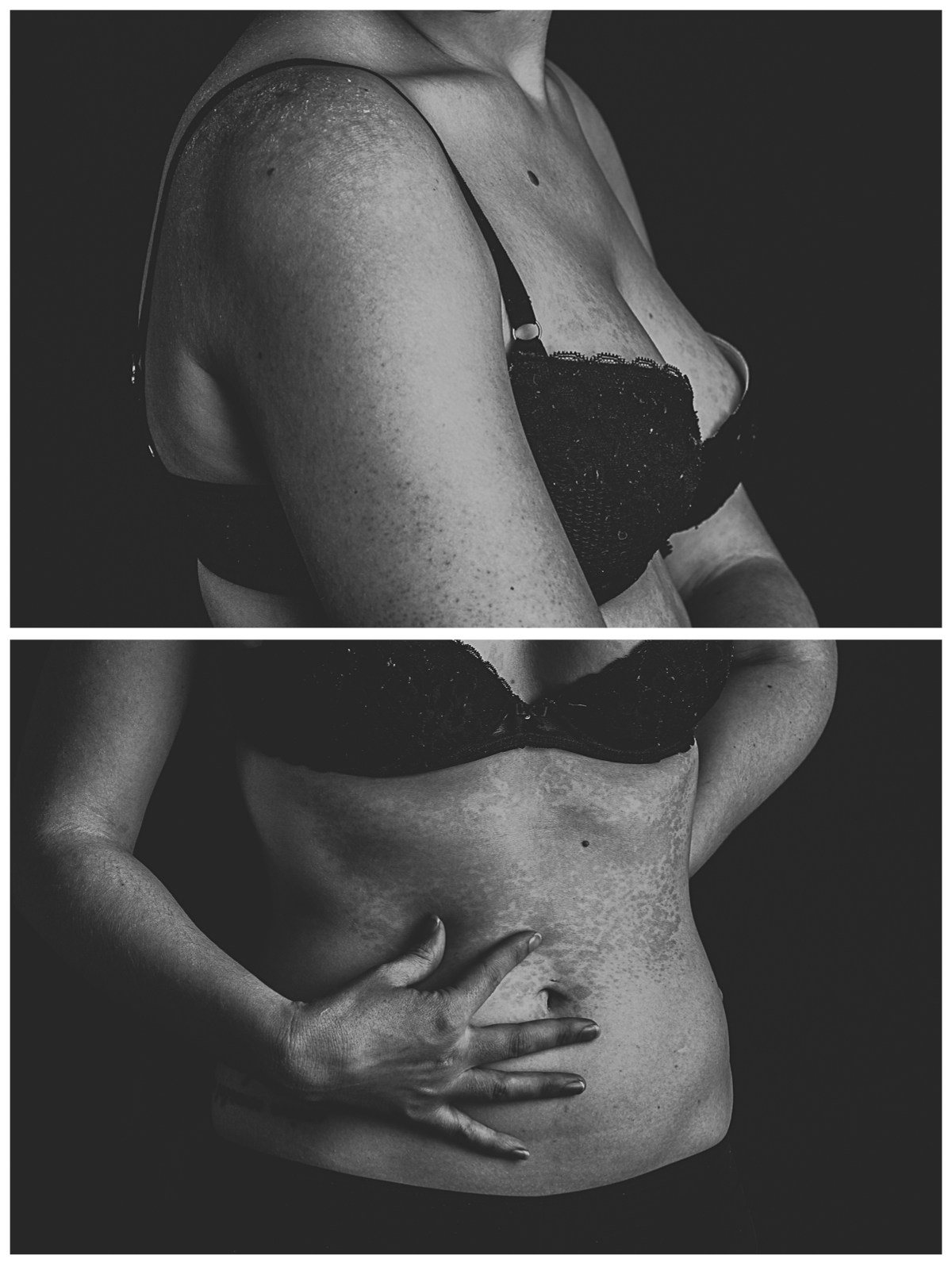
And this was a completely different situation than last time. The tumor was outside my body, and it was going to change the way that the outside of my body appeared; and I didn’t have the ability to control how I shared it. Also, it was close to my clitoris, and I really liked my clitoris. I didn’t find that out until my late 20s, in between my two bouts of cancer. I had discovered this magical thing that could give me sexual pleasure and made me feel powerful, and now it was just going to be taken away from me.”
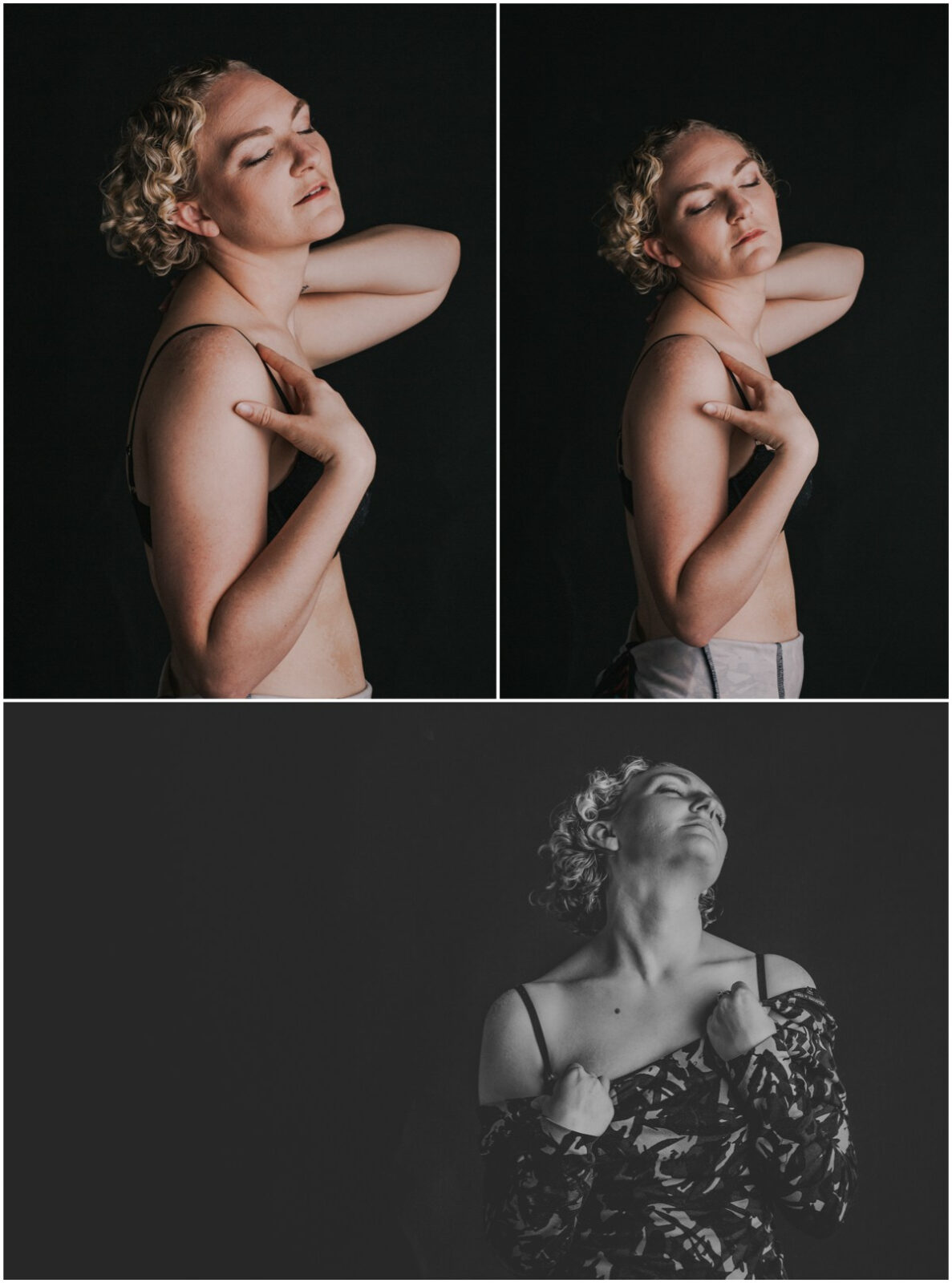
This time, though, I wasn’t going to just be led through my treatment without asking any questions.
I was almost immediately offered a complete vulvectomy, which is basically “we’re just going to remove everything on the outside, including your clitoris.” I made sure to ask that question. But my oncologist had already scheduled the surgery for me, without even asking if I wanted it or not.
So immediately this became a different situation then my first bout with cancer. During my first bout, it was a big deal but I was at least pretty confident that I was going to live. This time, it was a later stage of cancer and a lot more serious, so I knew that I needed to make some decisions. But I was ill-equipped to make them.”
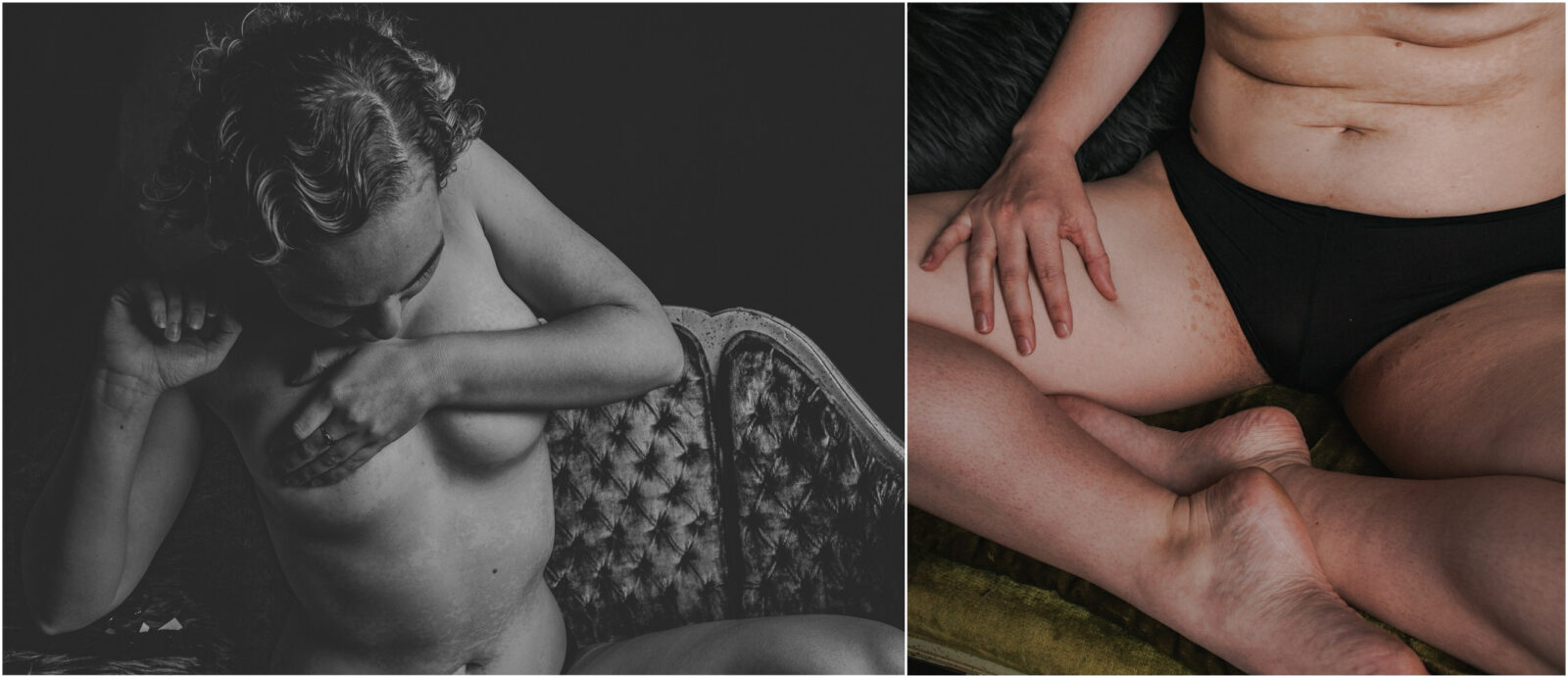
“I still didn’t really like myself, and I still held this view that I deserved it or I was being punished for somehow not figuring out how to get out of that situation from when I was 12. I had to learn that my body was worth fighting for. That my dignity was worth fighting for.
So I had a consultation with a social worker in palliative care who asked me what my goals were in life. What mattered to me. She told me that I actually had a very good prognosis. I was likely to live through this circumstance. And so we started talking about what was important to me in life going forward.
And I had three goals:
The first goal was that I wanted to maintain sexual function. I knew that I couldn’t have children and so having sex was really important to me. I had just learned about my clitoris. I was going to keep my relationship with it.”
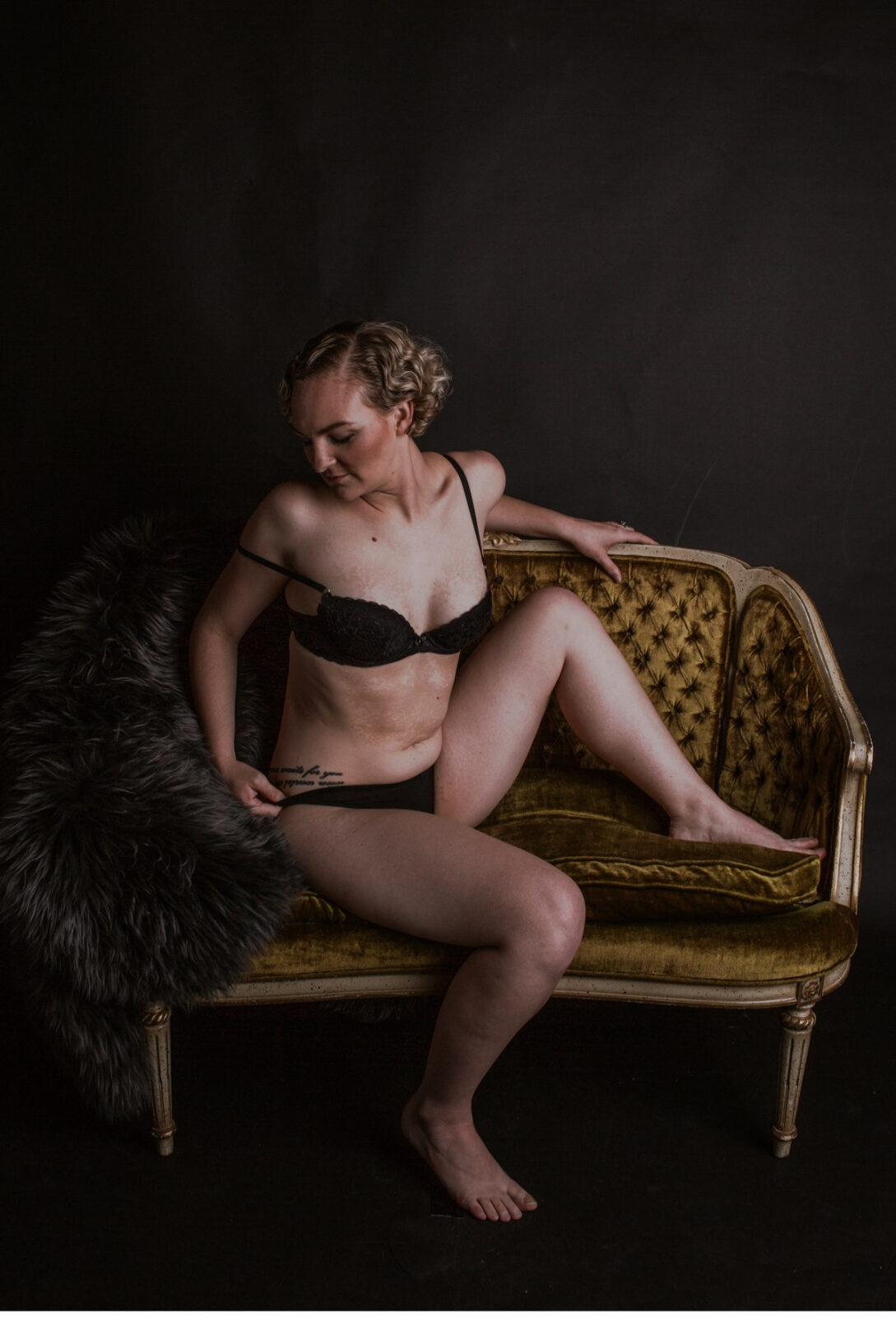
“The second is that I’m a cyclist, so I wanted to be able to cycle. It’s the place where I clear my mind. With that surgery, I actually wouldn’t have been able to ride a bicycle ever again.”
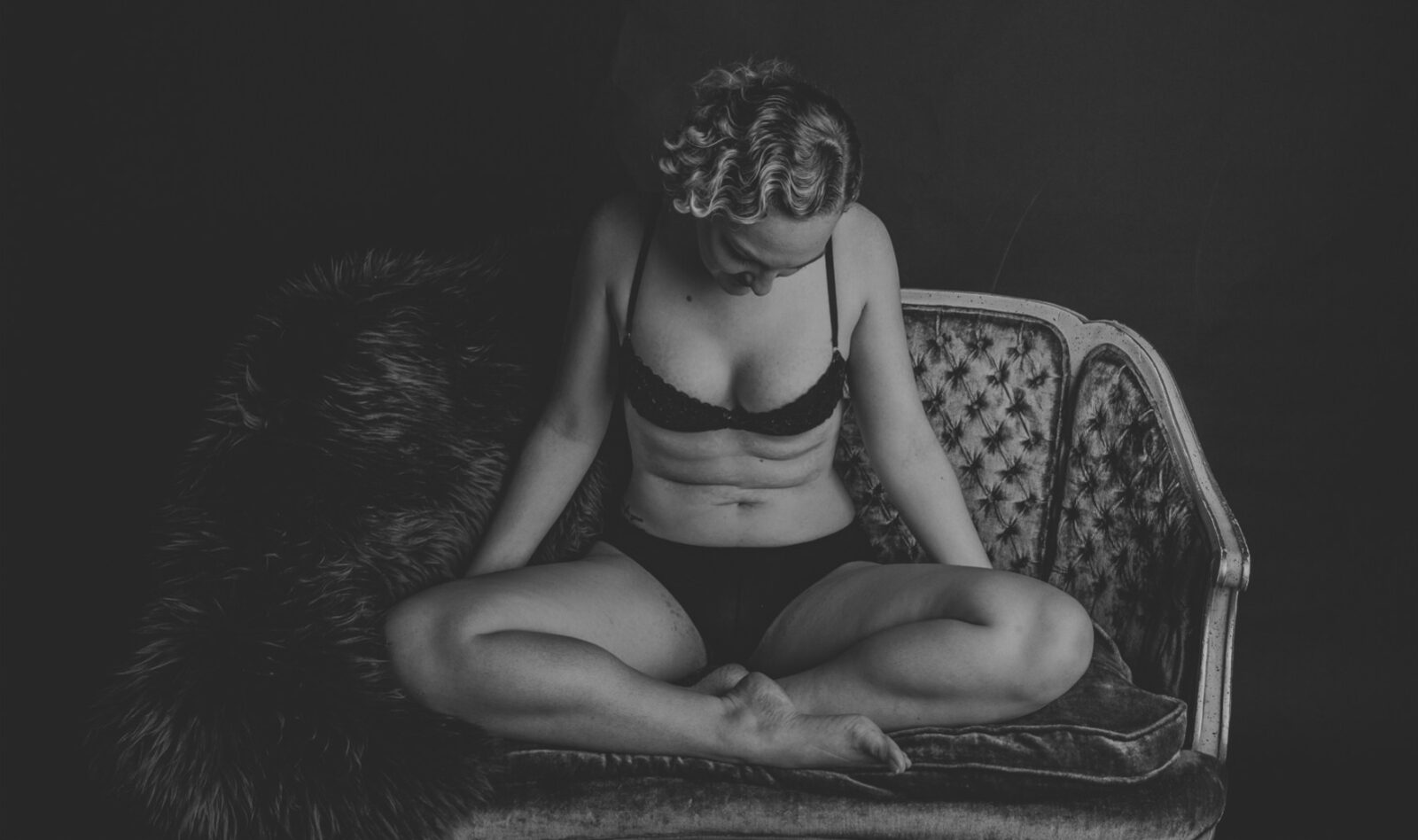
“The third was that I wanted to be able to look in the mirror and not feel mangled. It had nothing to do with the relationship that I had with somebody else or having sex with somebody else and not wanting them to look at me in a different light. It had everything to do with being able to look in the mirror myself and feel like a whole person.”
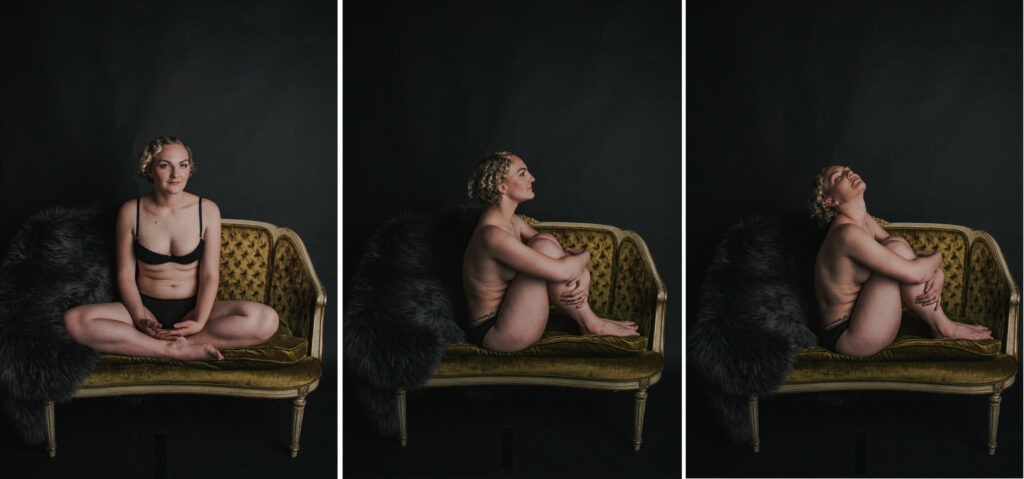
“It was really empowering to make the decision to do what was best for my body. For me. It’s only been recently that I can say that I never needed to be forgiven for something that happened to me that wasn’t my fault. I’ve learned a lot about the fact that the mindset being carried on throughout my life kept me, in a lot of ways, the same age I was when I was assaulted.
And I feel like the moment that I let go of all of the shame that I had about my body, about things that happened to me, I realized that I’m not a girl, I’m a warrior.
I realized that I don’t need to be pushed around, that I have no interest in being pushed around, and that I deserve everything that I want. I’m learning that I’m worth loving. That I’m worth fighting for. And I want to help others, especially those going through the healthcare system, believe the same.”
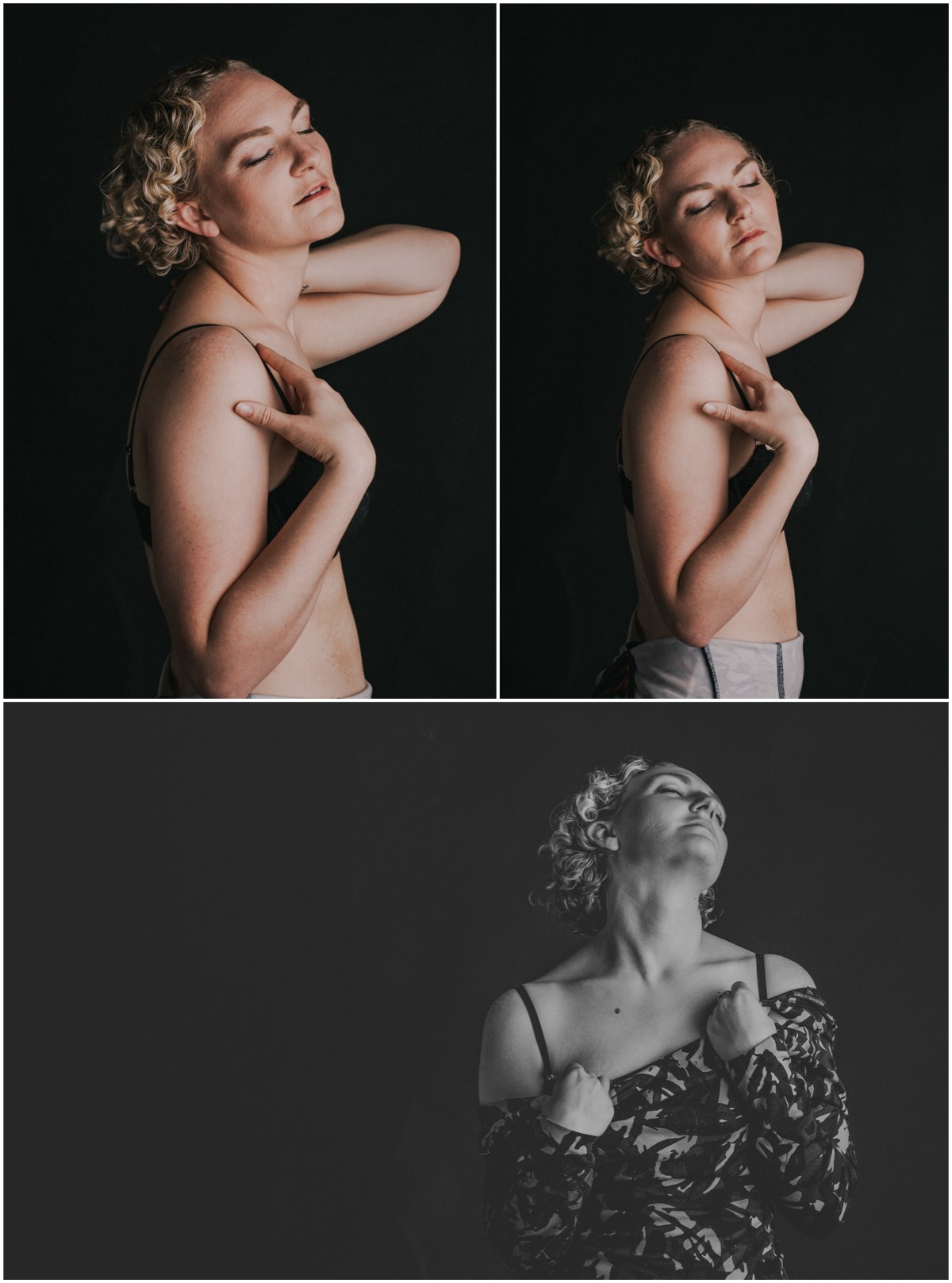
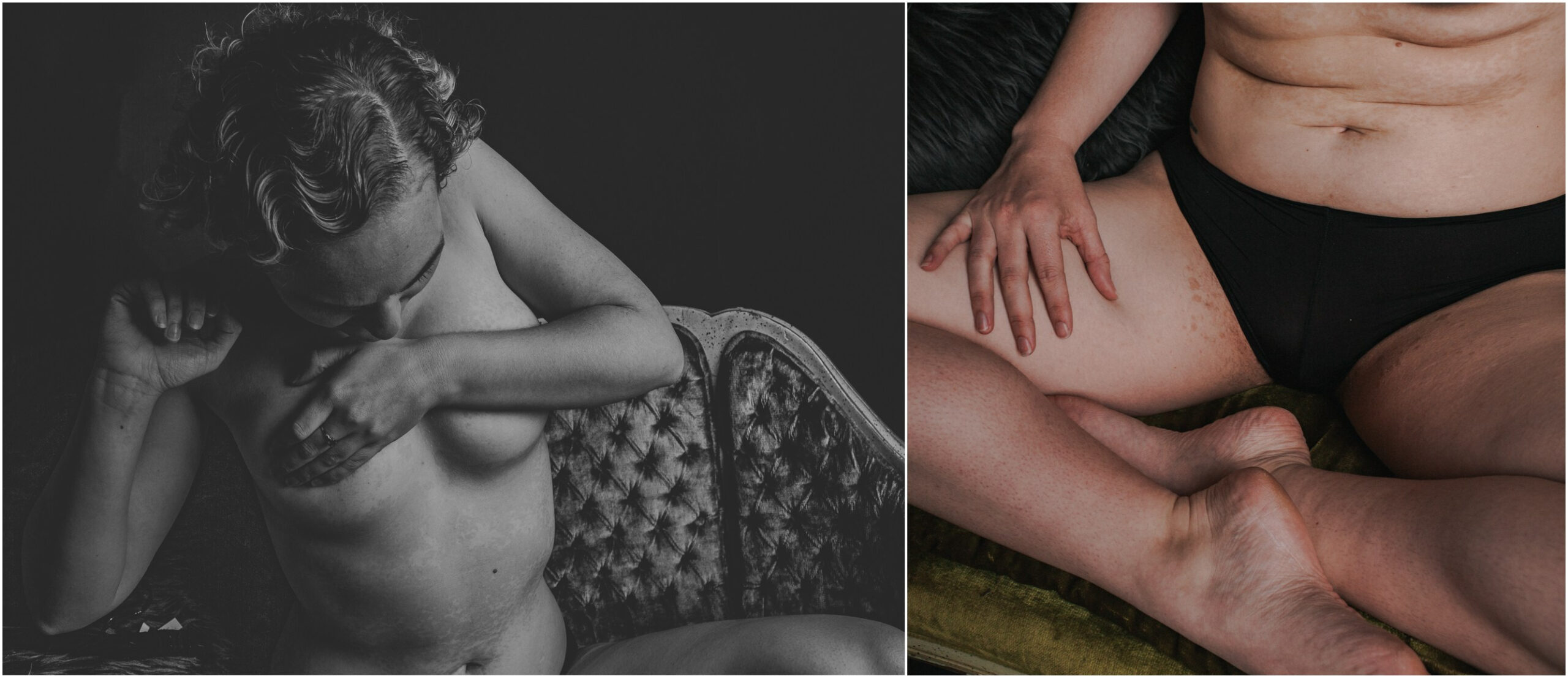
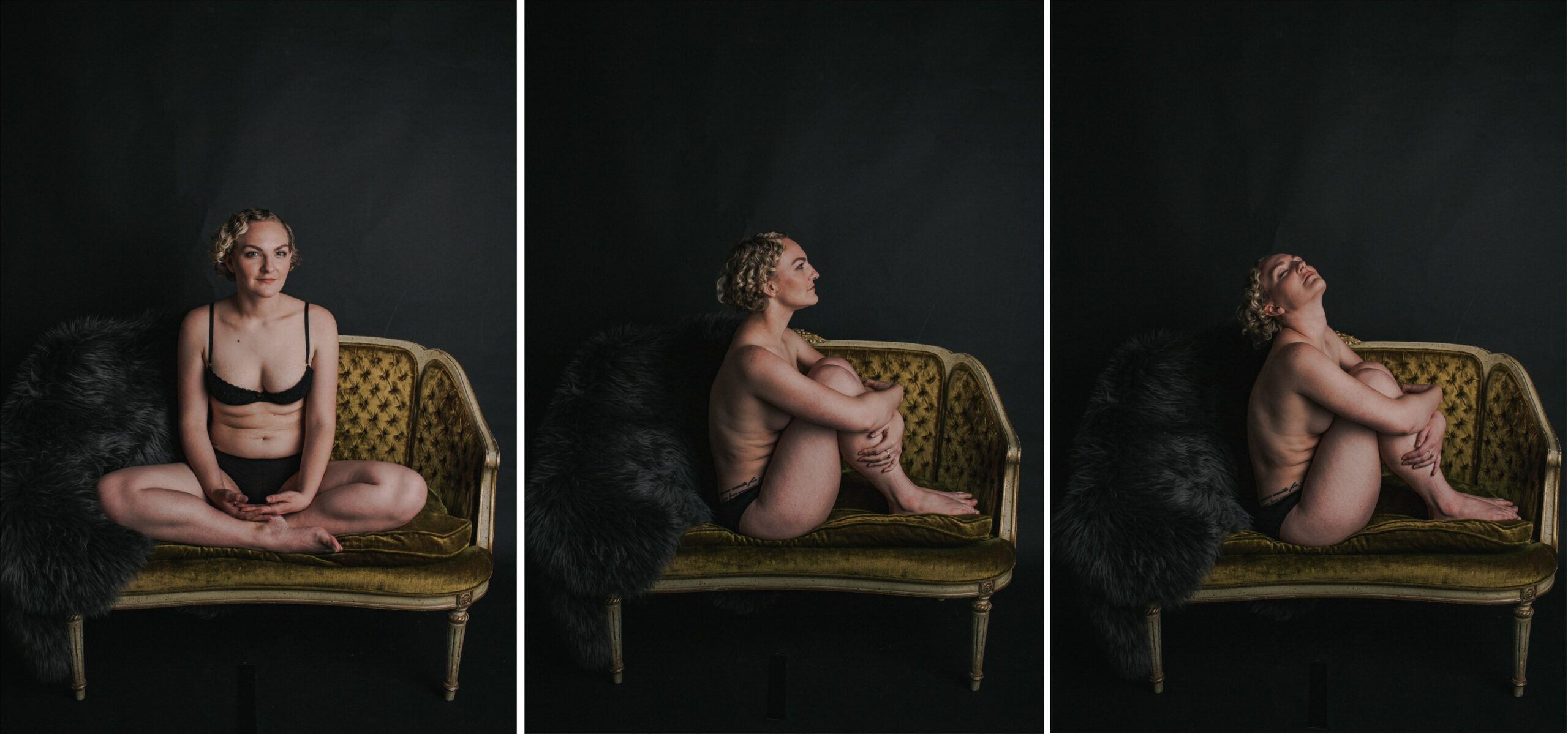
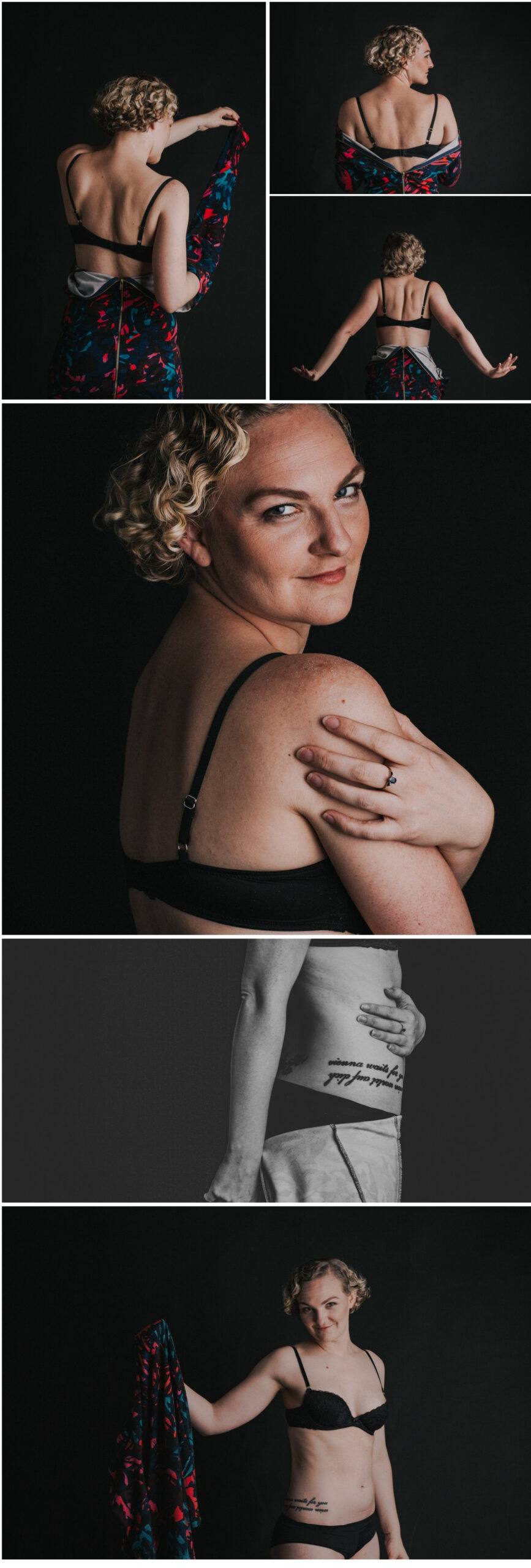
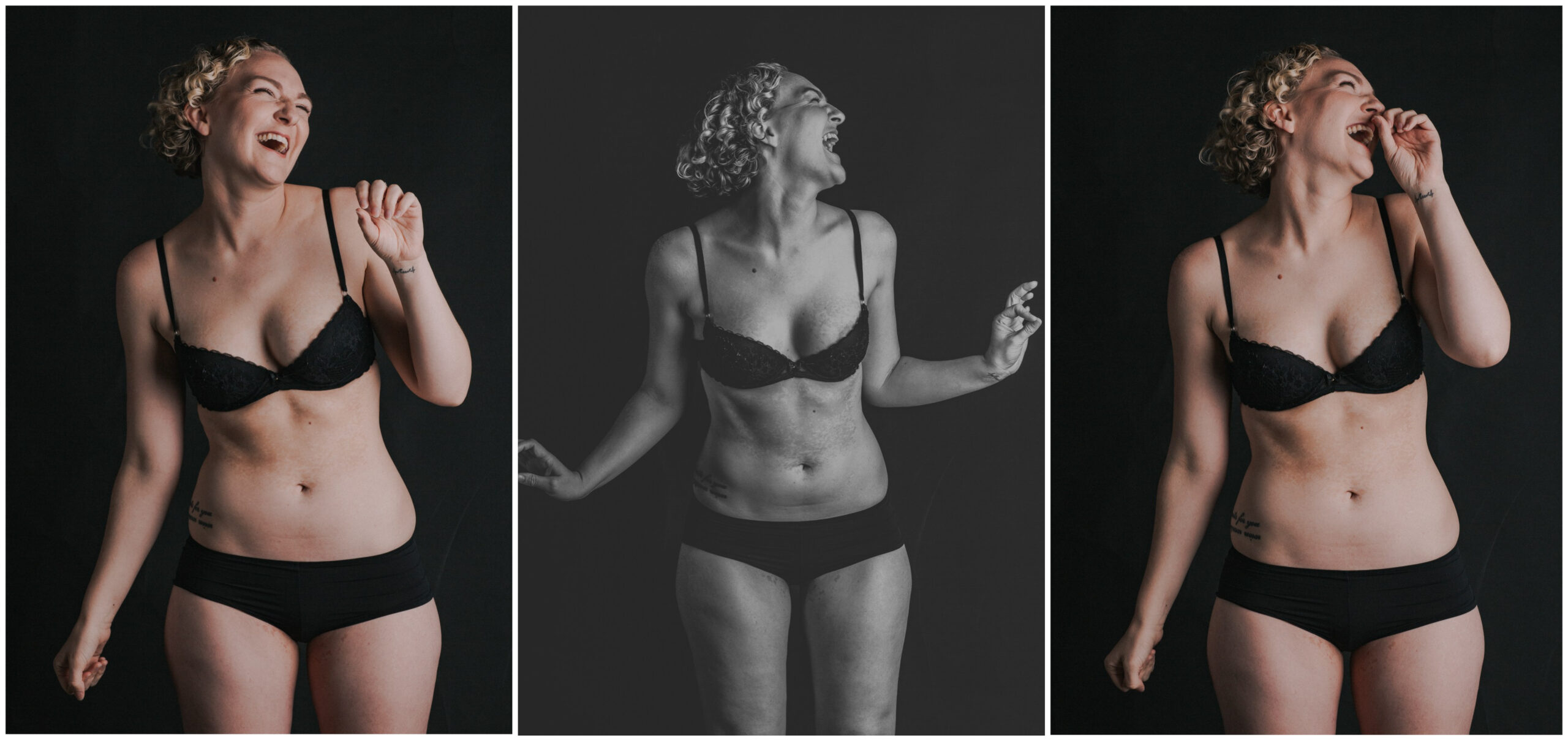
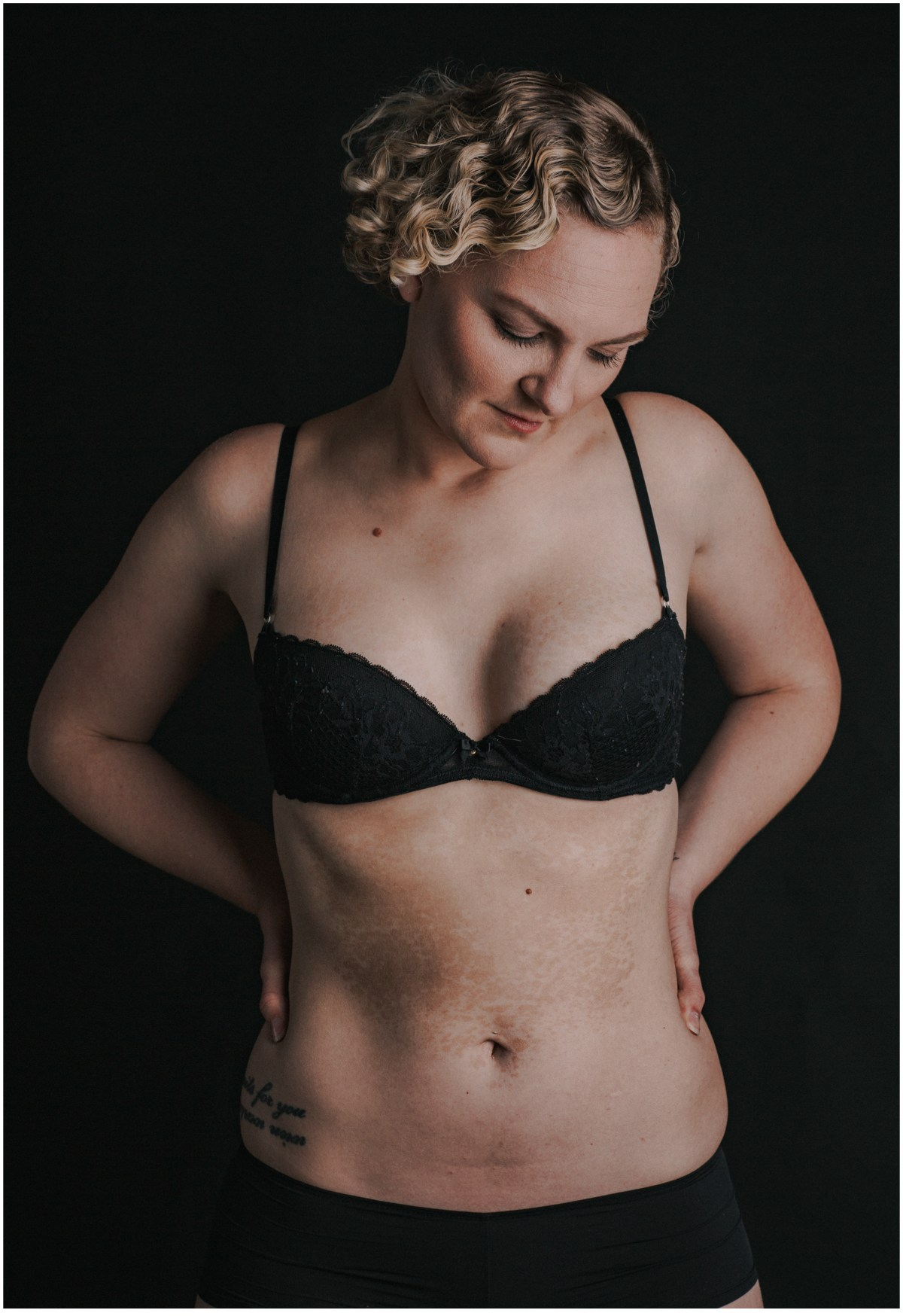

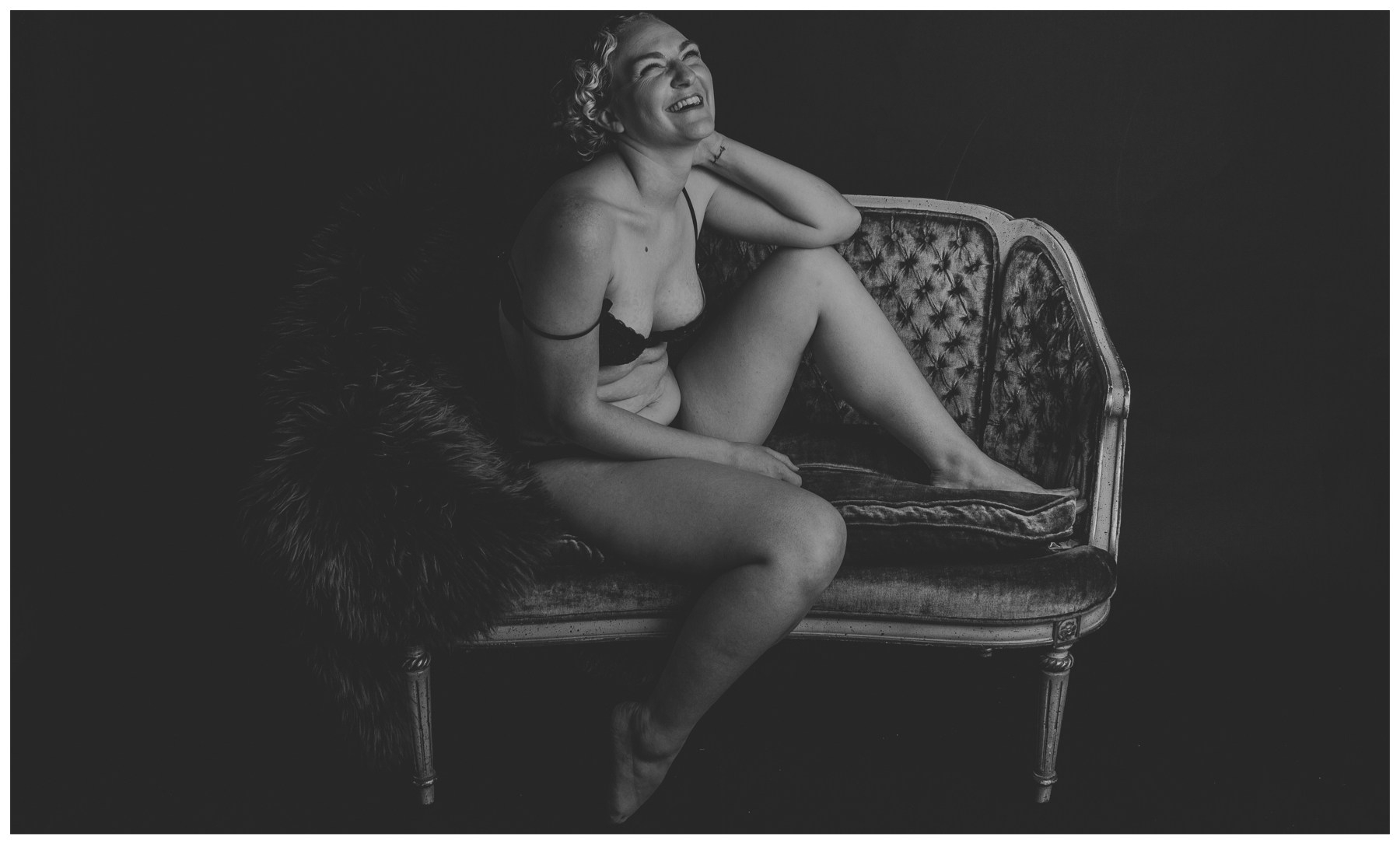
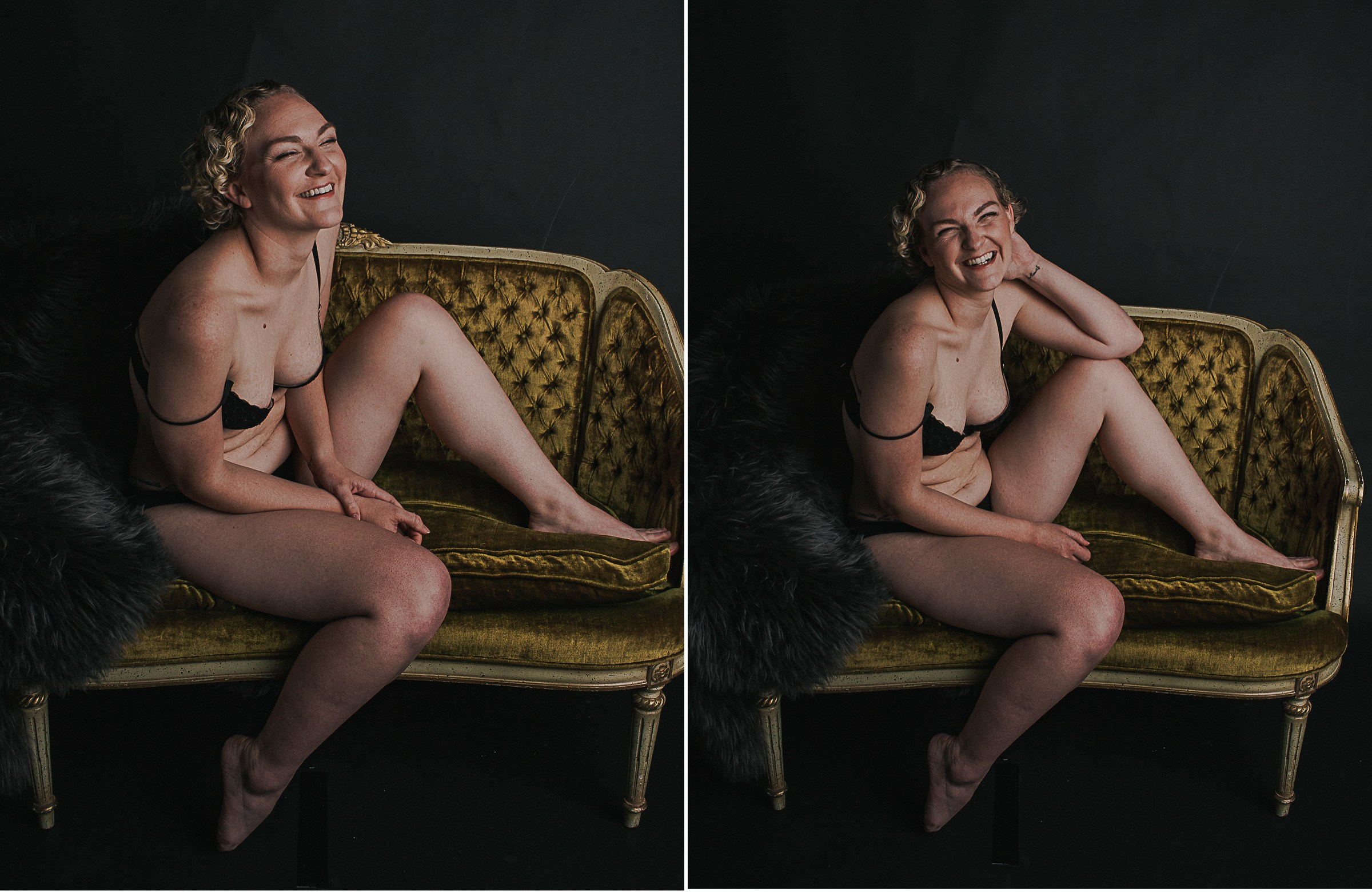
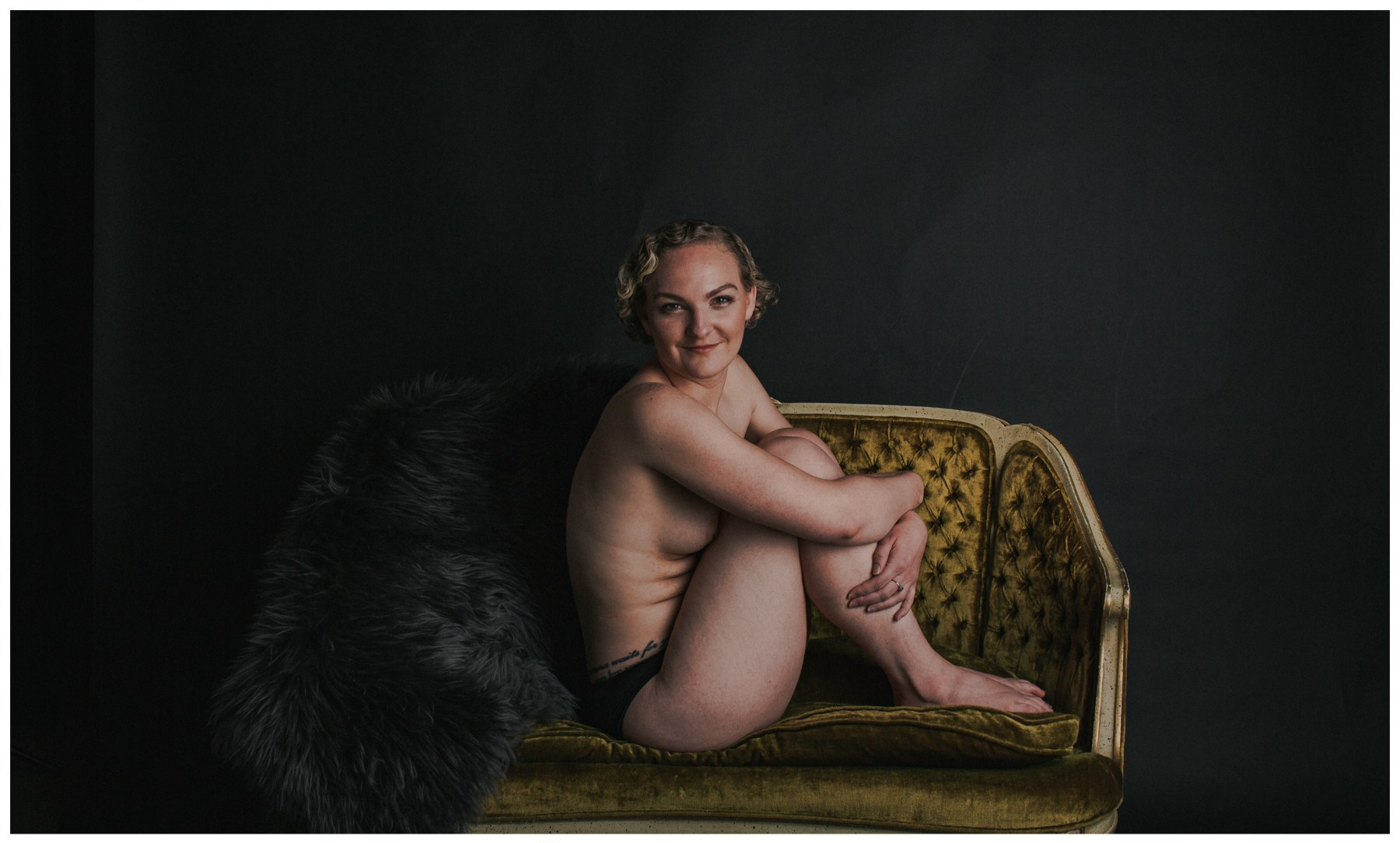
All images are copyright of Katherine Elyse Photography. Images are owned by Katherine Elyse Cohen of Katherine Elyse Photography. For image use requests, please email katherineelysephotography@gmail.com.
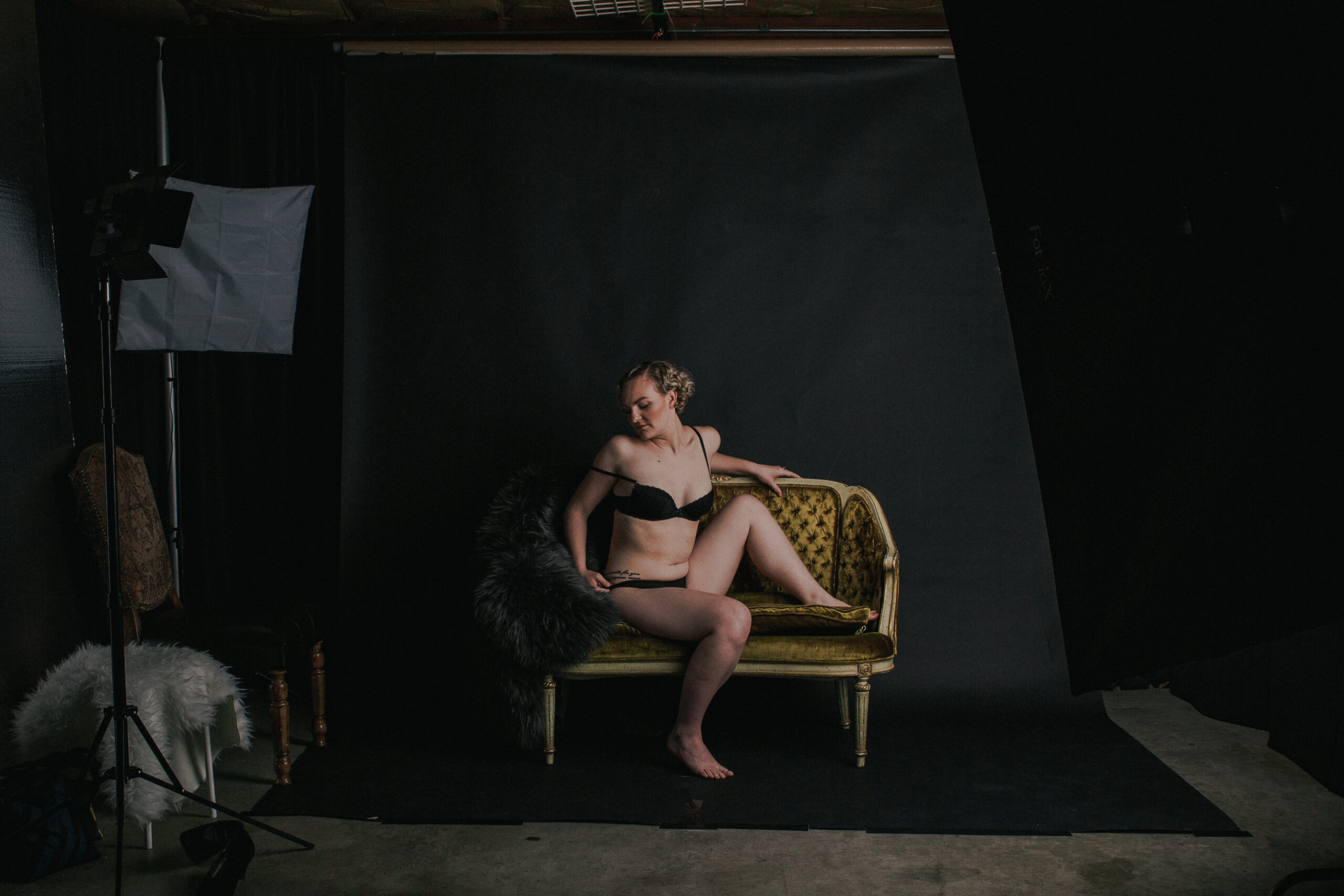
Comments Off on To Be a Warrior: Torrie